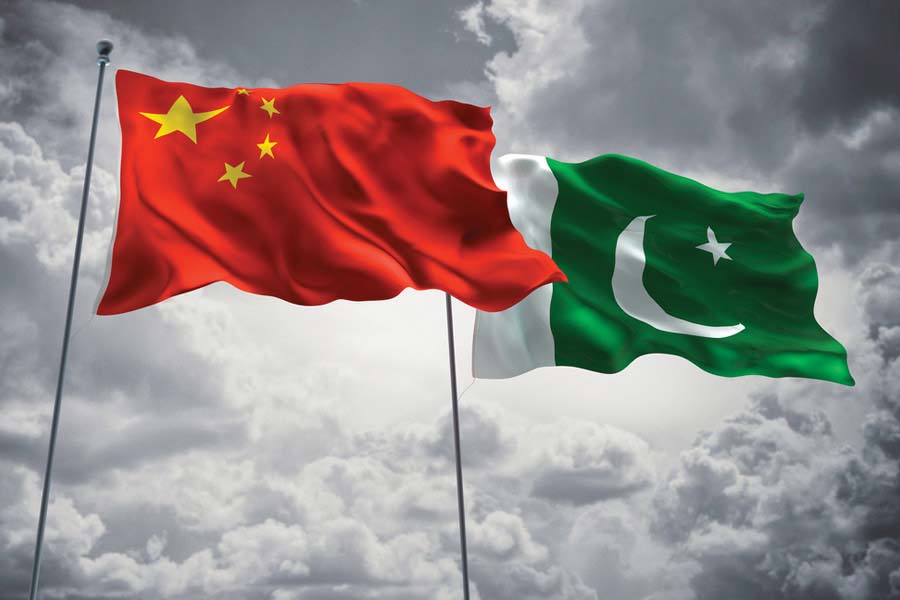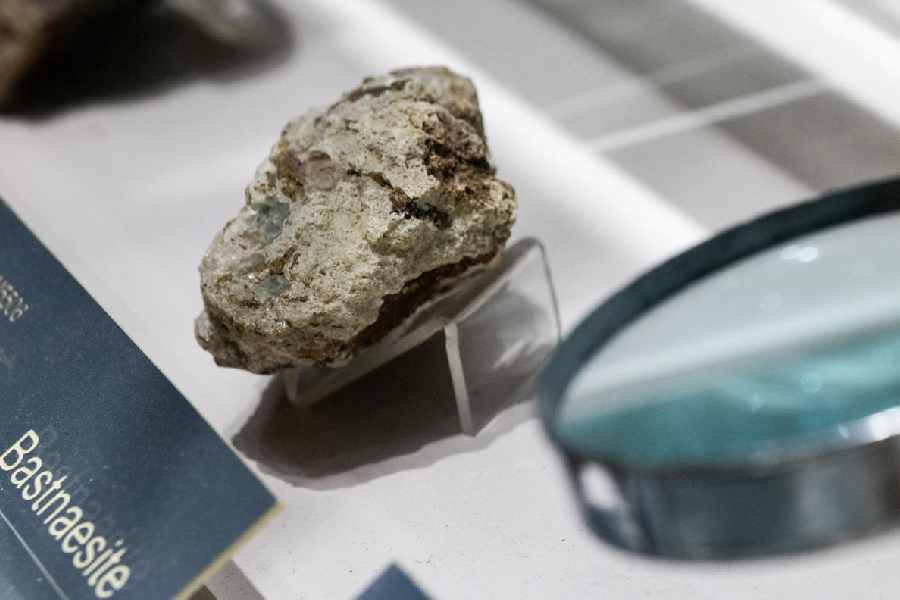A US delegation held talks with Pakistani officials to seek cooperation in minerals and mining as Washington races to secure mineral supply chains for American industry amid concerns over China’s increasing control on rare-earth resources.
The US delegation, led by Critical Minerals Forum (CMF) chief Robert Louis Strayer II, along with US Chargé d’Affaires Natalie Baker, met Minister for Finance & Revenue Muhammad Aurangzeb and his team on Friday.
According to an official statement, the US delegation “discussed avenues of cooperation in the minerals and mining sector, strengthening supply-chain security, and encouraging responsible and sustainable investment in Pakistan’s critical minerals landscape”.
It said that Aurangzeb highlighted Pakistan’s ongoing structural reforms, fiscal discipline, and positive global outlook, emphasising that a robust minerals policy can drive Pakistan toward export-led growth and long-term economic stability.
Both sides reaffirmed commitment to continued engagement and collaboration aligned with Pakistan’s reform agenda and shared goals for sustainable development, it added.
Dawn reported that the CMF’s focus is driven by the strategic threat posed by Beijing’s control over key resources. “China’s dominance of critical mineral supply chains has become a well-known threat to US national security, economic competitiveness, and long-term strategic objectives,” Strayer wrote in his only article on the CMF website.
According to the paper, Strayer told Pakistan that the CMF is working globally to support reliable supply chains for the US industry, particularly in emerging markets. The forum, he said, “focused on rare and niche metals, including copper and antimony, and aims to de-risk investments from both financial and security perspectives”.
The US stakeholders are concerned about China’s growing control over global critical minerals. The CMF president noted that Chinese dominance stems from government subsidies, vertical integration, and lax regulations, especially in processing, which is energy- and compliance-dependent, contrasting with US underinvestment.
According to the influential US Atlantic Council, critical minerals are foundational to the modern economy and state power, essential for advanced technologies in energy, military, and commercial applications. They range from permanent magnets in fighter jets to batteries in electric vehicles.
The Atlantic Council warned that these “supply chains have become increasingly brittle: concentrated in a handful of countries, overwhelmingly refined in China, and increasingly exposed to extreme weather disruption.” It noted that China has shown a “willingness to weaponise its dominance”, tightening export restrictions on materials like graphite and antimony in retaliation for US trade controls.
However, a major obstacle to US investment remains, Strayer said, citing the “unusually high uncertainty of both production costs and mineral prices”.
He added that this uncertainty has “a chilling effect on new investment by profit-seeking companies, as investors prefer to make investments in projects with higher risk-adjusted expected profit,” according to Dawn.
Except for the headline, this story has not been edited by The Telegraph Online staff and has been published from a syndicated feed.













